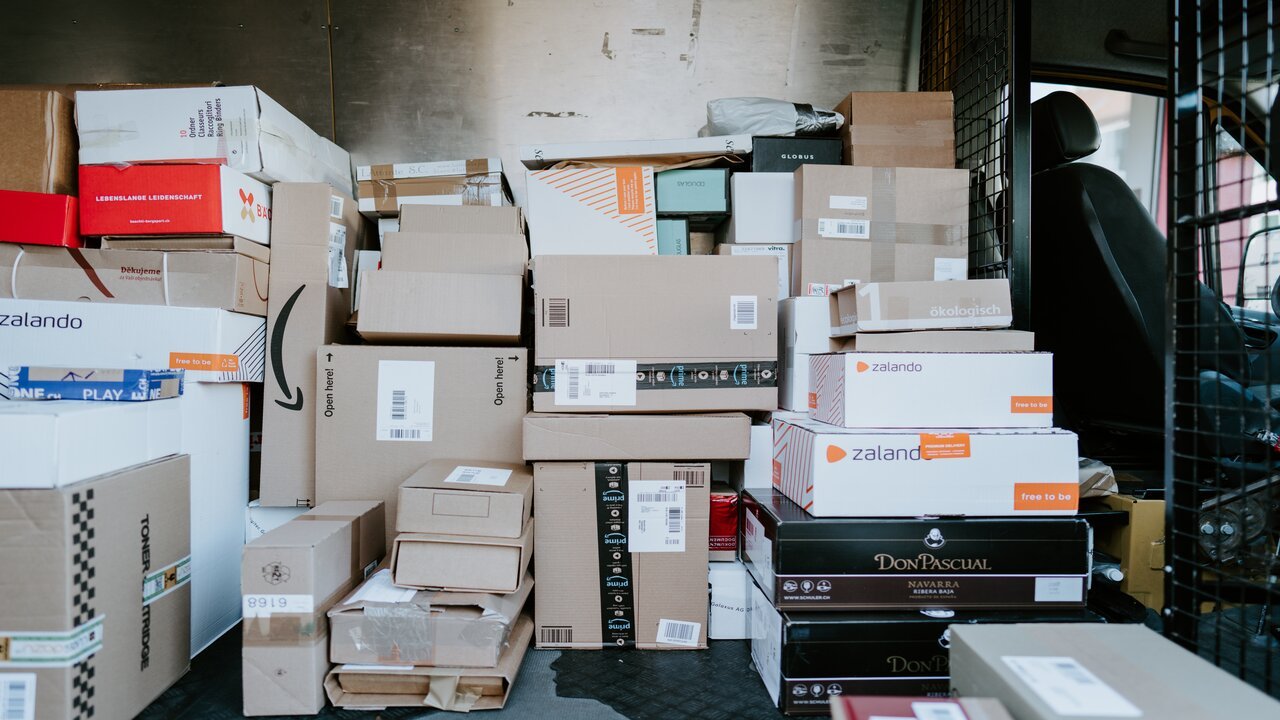Today same-day delivery service DODO announces its expansion into the German market. It's a move that reinforces the permanence of same-day last mile delivery.
Founded in the Czech Republic in 2015,the company has since successfully expanded to Poland, Hungary, Slovakia, Bulgaria, and Austria. DODO is currently active in 76 cities, partnering with over 100 supermarket chains, drug stores, retailers, and restaurant chains – and continuously growing.
To support players across industries, DODO has built its own software and delivery ecosystem in years of development work, which it also offers as a white-label solution for direct integration into its own IT structure. It employs over 2,300 couriers with 1,000 vehicles.
I spoke to DACH region CEO Bahadir Birkan to learn about it.
In Germany, DODO already counts Bringmeister and Frugee amongst its clients, serving as the companies' end-to-end same-day last-mile delivery provider in cities nationwide, including Berlin and Munich.
DODO seeks to partner with companies across Germany to enable them to provide their customers with the most reliable, qualitative and cost-efficient same-day delivery services.
With longevity comes learned experience
As one of the early players in last-mile delivery across multiple regions, I was interested to learn the lessons in the industry.
Birkan spoke of the need to constantly iterate and keep innovating and improving, contrasting their longevity with grocery delivery startups seemingly coming out of nowhere like Getir, Flink, and Gorillas.
Notably, many grocery delivery companies have faced a reckoning over the last couple of years.
In India, Swiggy is now valued at $5.5 billion, half of its previous $10.7 billion valuation. In Germany, delivery riders have faced unethical and illegal work practices like unfair dismissal and delayed payments. Amsterdam banned delivery hubs from residential areas.
And the market players got somewhat smaller, with Mathem acquiring Kavall in Sweden and Getir acquiring Gorillas and considering acquiring Flink.
Further, the delivery has got slower. My first Gorillas' delivery in 2020 took 7 minutes. A delivery last week took 50 minutes.
Birkan sees this as a reckoning about the sustainability of the super-fast model:
"It shows that it makes sense to go slower, especially as the marketed 10-minute deliveries have been through the window, as it's just not a sustainable business model.
Overall, delivery companies are taking a step back and taking it a notch down, transitioning to the same day, four-hour delivery slots or 30-minute delivery to ensure they can profitably deliver the service."
He explained that it's not just about speed and convenience to customers but also the back-end logistics of being able to provide deliveries for multiple clients on each route "rather than delivering a bar of chocolate to one customer and then going back to base and waiting for the next customer."
Instead, DODO prioritises fuller trucks with multiple stops to ensure a sustainable business model. This ties into DODO's real strength — digitisation for efficiency.
The company has operational flexibility by diversifying its delivered goods across e-commerce, food, and grocery.
By combining and analysing this data with the help of sophisticated machine learning, DODO can create the most efficient and sustainable routing to maximise deliveries per driven kilometre, thus reducing kilometres driven and, consequently, CO2 emissions.
The learnings of supply chain fragility
I was curious what the legacy of the last couple of years has been with COVID shutdowns, shipping delays, and materials shortages.
Many people I've spoken to over the last couple of years speak of bigger industry problems where the inherent fragility of overextended supply chains – and sometimes the use of outdated technologies — was exposed.
Birkan agrees, noting that the industry was really caught off guard, and the pandemic highlighted "how critical supply chain and logistics is in securing the availability of products.
And in response, "many retailers started to focus on or start thinking about their last mile challenges and logistics strategies.
"On the one hand, the situation helped to increase awareness. We're more or less back to normal, but there's still a high demand from consumers for fast on-time delivery that retailers somehow have to provide to their customers. And it's very tough to do this on their own. This is where companies like DODO come into play to enable them to offer fast, accurate, and efficient deliveries to their consumers."
There's plenty of scope for DODO to diversify its services in the future.
Besides parcel delivery, the company has also been experimenting with two-people services like heavy goods delivery of huge TVs or washing machines in other regions. This would be a huge win and a compelling product offering if rolled out in Berlin for, as Birkan details, currently, most service providers only deliver to curbside requiring more money to deliver to your apartment door.
Furthermore, Germany has the highest returns rate of ecommerce, so there's always the capacity to offer a returns service.
Lead image: Claudio Schwarz.



Would you like to write the first comment?
Login to post comments